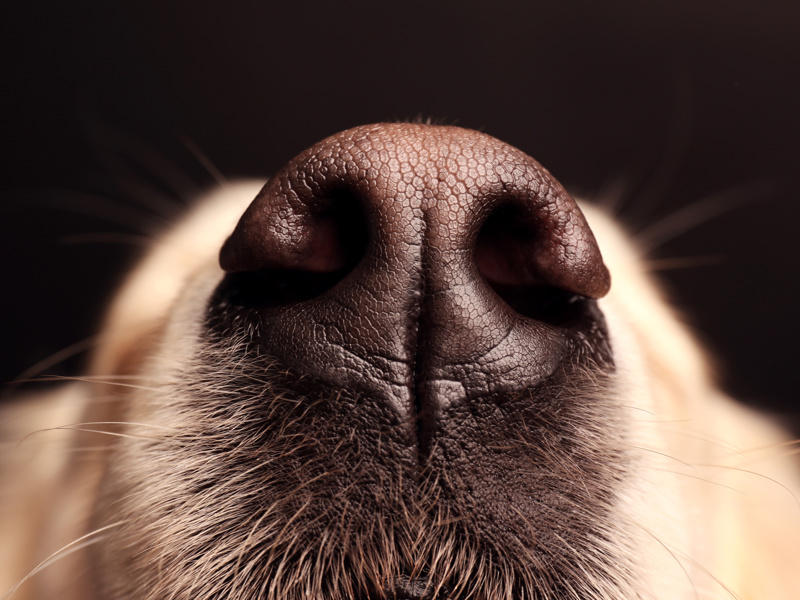
First time breeders
If you're thinking about breeding from your dog, it's important to consider the time and financial investment required before you begin.

If you're thinking about breeding from your dog, it's important to consider the time and financial investment required before you begin.
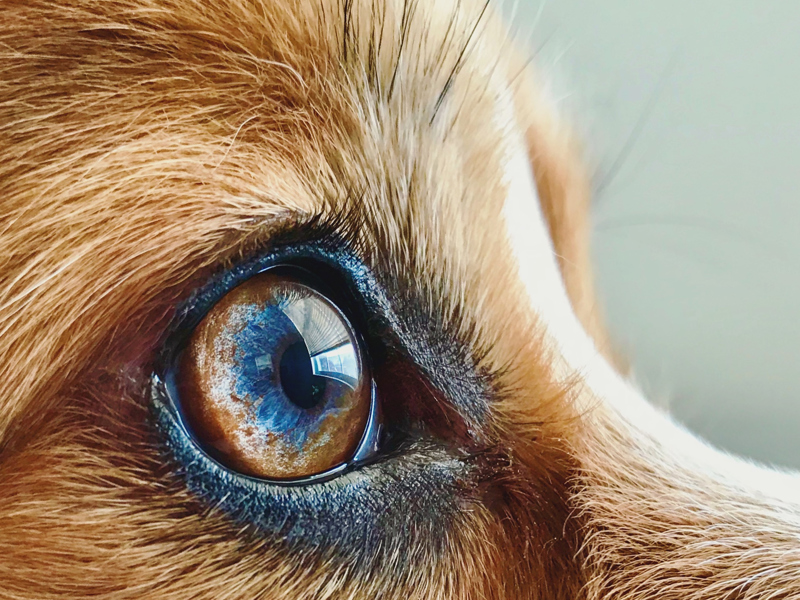
Already bred your first litter? Browse our resources, including litter registration, puppy packs, health testing and change of ownership.
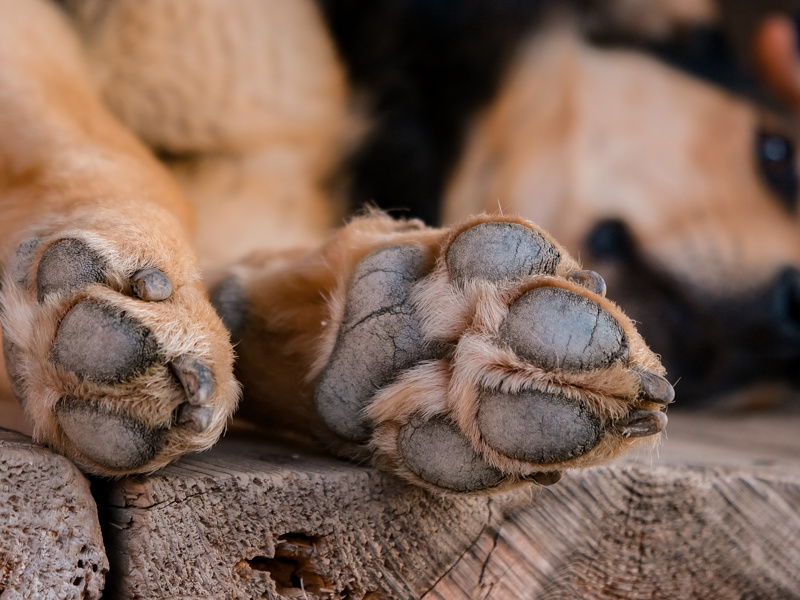
Thinking of using your dog at stud? First and foremost, your goal should be to improve the breed. Find out what to expect.
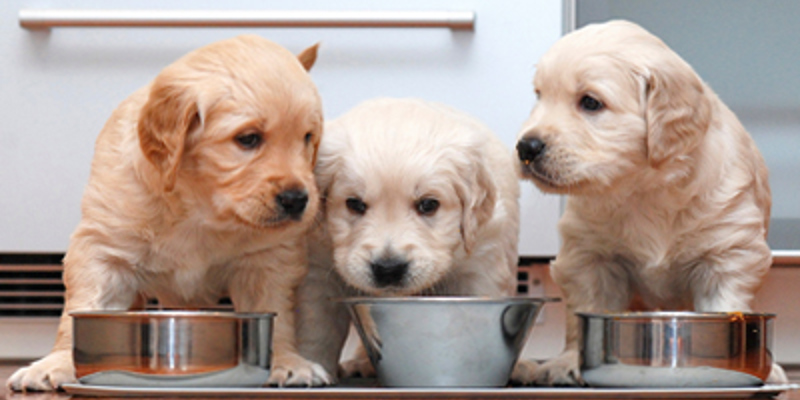
Responsible breeders prioritise canine health. Our comprehensive health screening schemes and DNA Testing Services help to ensure the wellbeing of your puppies.

The Kennel Club’s Health Standard consolidates all relevant health tests for your breed in one place, providing clear guidance on which tests to undertake before breeding and how to do so.

Use this resource to find any dog registered with The Kennel Club and see all available health information, DNA test results and screening scheme grades that we record.
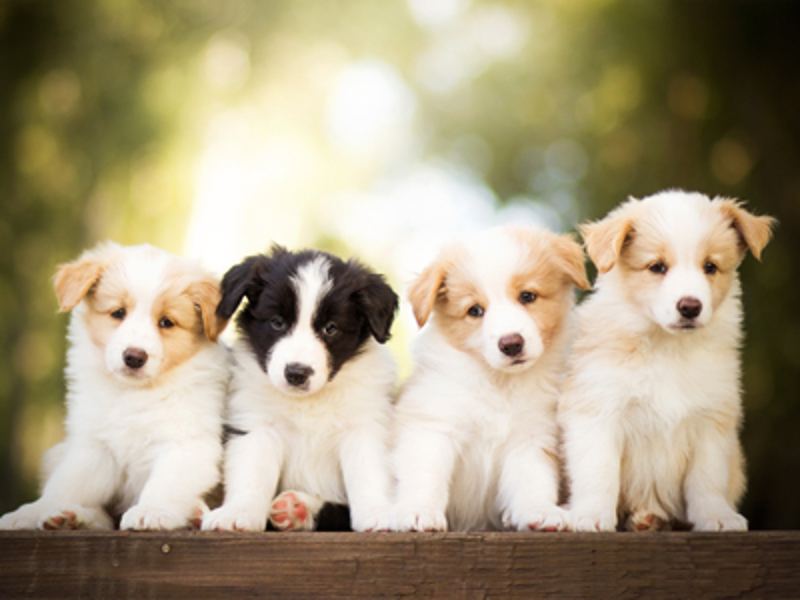
Our inbreeding calculators use all our pedigree records to calculate the degree of inbreeding for individual dogs or for the future puppies of two potential mates.